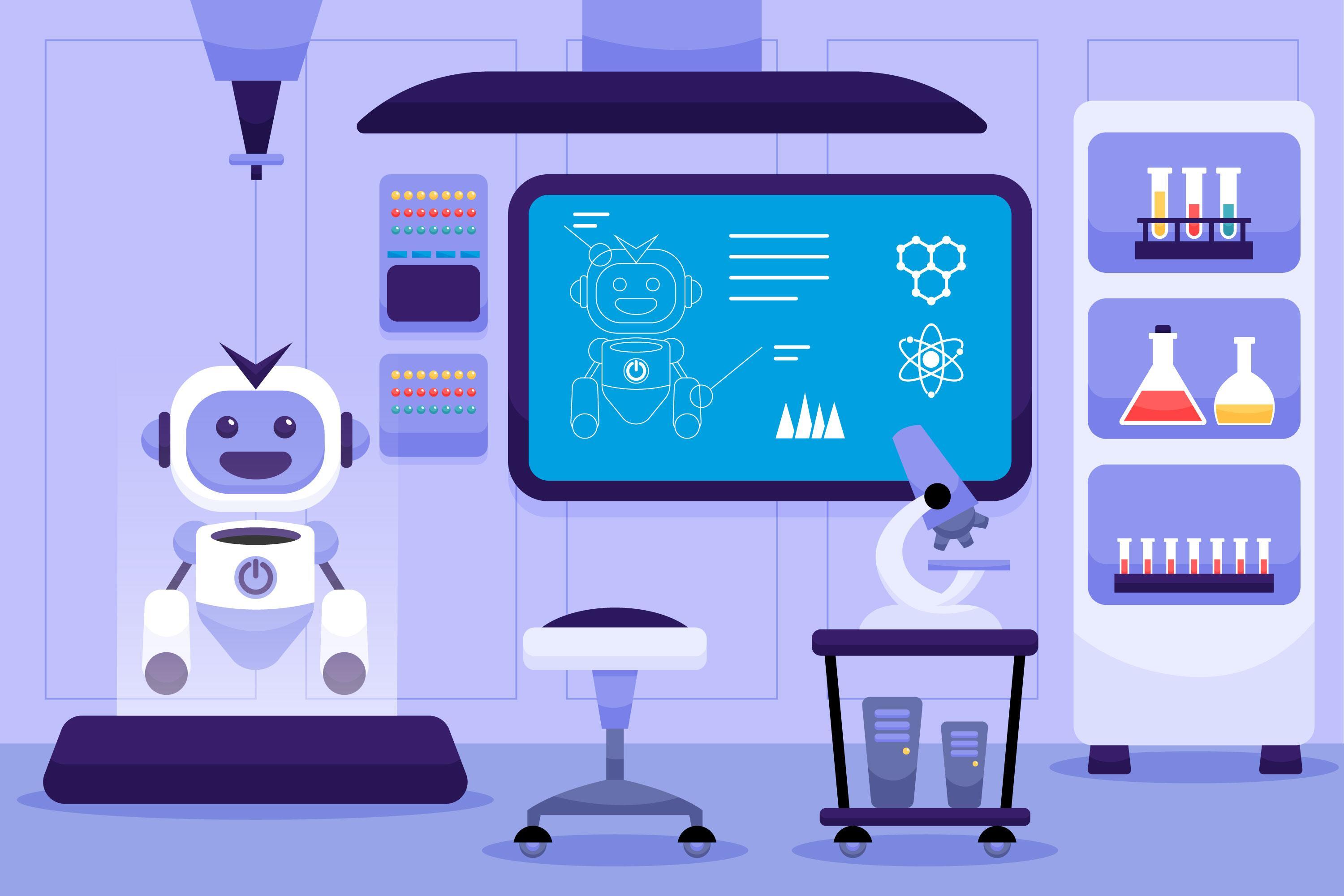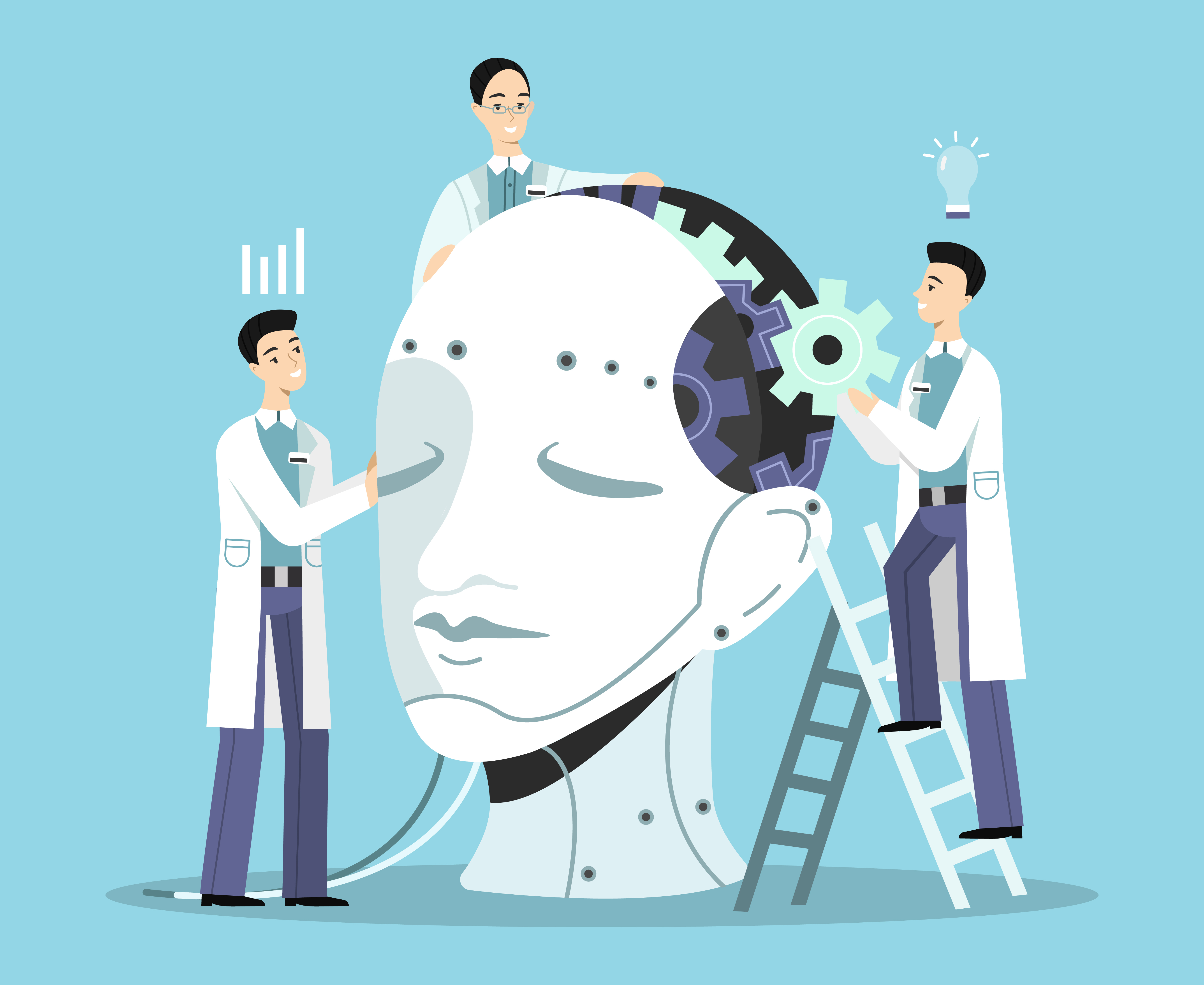:strip_exif()/reboot/media/4a8df14a-8cc2-11f0-9adc-1a3d8e5696a4/202e8ade-f487-11ed-9197-0242ac14000a/1-1-8472.jpg)
A look back at the growing importance of Artificial Intelligence in the field of pharmaceutical research.
Artificial Intelligence (AI) is a field that has generated a lot of buzz in recent years, and its impact is being felt across many industries, including pharmaceutical research. One example of this technology that's hard to miss in recent months is ChatGPT, a conversational AI model that has gained popularity among the general public.
ChatGPT isn't just a chatbot. Using a branch of AI called Natural Language Processing (NLP), it can understand and generate text conversationally. The rise of ChatGPT in recent months is easy to understand: it provides rapid access to all the internet's knowledge, making it easy to find and exploit. In pharmaceutical research, ChatGPT can be used to extract relevant information from specialized scientific literature to facilitate literature searches, analyze adverse drug reactions, and explore new research avenues.

Despite its growing popularity, ChatGPT is far from being the only artificial intelligence used in pharmaceutical research, or even the most widely used. Deep Neural Networks (DNNs) are machine learning (ML) algorithms that mimic the functioning of the human brain. They are widely used for analyzing large amounts of data, predicting drug activity, and molecular modeling. DNNs allow researchers to explore new avenues and uncover previously inaccessible relationships.
Machine learning (ML) is another essential component of pharmaceutical research. It is a branch of AI that allows computers to learn from data without being explicitly programmed. In this field, ML techniques are used for drug discovery, identifying therapeutic targets, and predicting compound toxicity. By analyzing large datasets, researchers can extract useful patterns and insights to accelerate the drug research and development process.

Deep learning , a sub‑branch of ML, is also a technology highly sought after by researchers worldwide. By using artificial neural networks, deep learning is capable of learning from massive data. In this context, it is used for genomic data analysis, protein structure modeling, and clinical trial optimization. This approach opens up new perspectives for the personalization of treatments and the discovery of more effective drugs.
AI, with tools like ChatGPT and various machine learning approaches, is revolutionizing the world of pharmaceutical research. These technologies allow us to accelerate the drug discovery process, optimize clinical trials, and improve healthcare in general. As researchers explore new frontiers, AI is becoming an invaluable partner for researchers around the world in the fight against disease.
:strip_exif()/reboot/media/4a8df14a-8cc2-11f0-9adc-1a3d8e5696a4/0f7612d6-5974-11ea-a4ee-0242ac130005/1-1-logo.png)
:strip_exif()/reboot/media/4a8df14a-8cc2-11f0-9adc-1a3d8e5696a4/0f7612d6-5974-11ea-a4ee-0242ac130005/1-1-logo.png)
/reboot/media/4a8df14a-8cc2-11f0-9adc-1a3d8e5696a4/6e303594-ae12-11ee-8b2b-0242ac12000a/1-1-design-sans-titre-1.png)
/reboot/media/4a8df14a-8cc2-11f0-9adc-1a3d8e5696a4/7827816c-1f27-11ee-90ed-0242ac140002/1-1-a-pile-of-pills-sitting-next-to-each-other-on-top-of-a-table-rs0-h-pybyk-jpg.jpg)
/reboot/media/4a8df14a-8cc2-11f0-9adc-1a3d8e5696a4/88bcd710-daa4-11ed-a473-0242ac14000c/1-1-four-people-inside-mart-ebw1nlfdzfw-jpg.jpg)
:strip_exif()/reboot/media/4a8df14a-8cc2-11f0-9adc-1a3d8e5696a4/4d3fc3e8-67db-11f0-8984-365b7e6e4d74/1-1-picture-petit-of-attractive-saleswoman-on-meeting-in-off-2023-11-27-05-36-18-utc-copie.jpg)